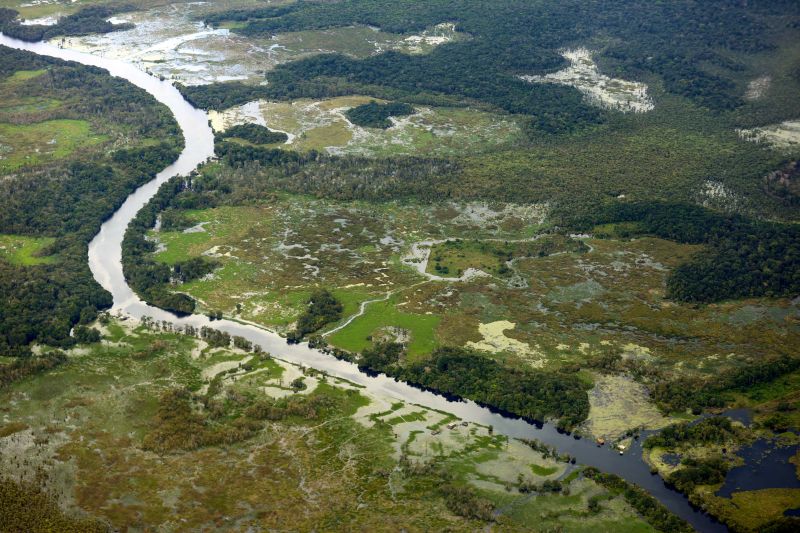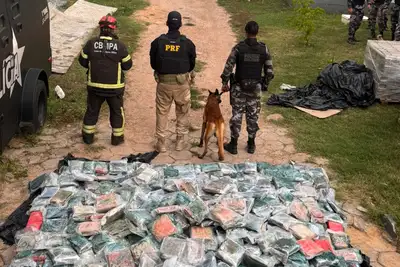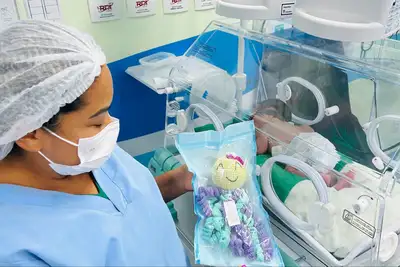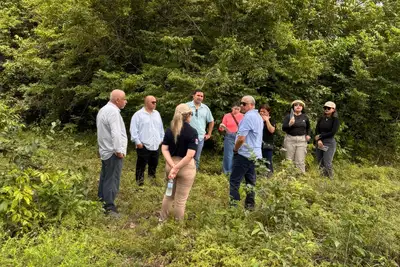Pará regulates forest replenishment and granting of environmental credits by decree
The measure, signed by Governor Helder Barbalho, modernizes the environmental compensation policy in order to stimulate sustainable practices and reforestation with native species
The Government of Pará published on Tuesday (18) State Decree No. 4,740, dated June 17, 2025, which establishes a new regulatory framework for the procedures of forest replenishment and the granting of replenishment credits in the State. In practice, the measure allows compensating for the use of raw materials extracted from native vegetation through forest plantings.
Signed by Governor Helder Barbalho, the Decree defines the technical, administrative, and operational criteria for obtaining, granting, transferring, and supervising forest replenishment credits. The measure modernizes the environmental compensation policy, seeking to align rural production with environmental conservation, stimulating sustainable practices and reforestation with native species.
The regulatory update is strategic to align replenishment criteria with the current Forest Code, replacing obsolete provisions that were still based on the 1965 Code. Selma Santos, environmental analyst at the State Secretariat for Environment, Climate, and Sustainability (Semas), explains that, "in addition to providing a safer and more balanced legal and economic environment for rural landowners, the new decree regulates innovations for generating forest replenishment credits linked to the recovery of vegetation within the PRA (Environmental Recovery Program)," highlighting the "enhancement of the instrument according to the diversity of planted forest species, including agroforestry systems," expanding the possibility of incentives for productive forest recovery, generating income for farmers and small rural landowners.

Compensation - According to the Decree, any individual or legal entity that uses forest raw materials derived from the suppression of native vegetation, even if authorized, is required to carry out replenishment. Compensation can be made through four modalities: direct planting with own resources; participation in reforestation projects via associations or cooperatives; acquisition of existing credits; and compensatory payment to the State Forest Development Fund.
The minimum required volume of replenishment varies according to the type of vegetation suppressed, potentially reaching up to 100 m³ (cubic meters) per hectare. The credits granted for plantings of native species in legal reserve areas can reach 400 m³ per hectare.
The Decree also includes simplification measures for family farmers, who are exempt from some technical requirements and can present estimates of cutting volume for areas of up to 20 hectares. Additionally, there are specific incentives for rural women and producers registered in state government environmental programs.
Control and supervision - All operations for generating and using forest credits will be registered in the State of Pará's System for the Commercialization and Transportation of Forest Products (Sisflora) and in the Register of Explorers and Consumers of Forest Products (Ceprof).
The Institute for Forest Development and Biodiversity of Pará (Ideflor-Bio) and Semas are the bodies responsible for monitoring and issuing certificates.









